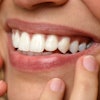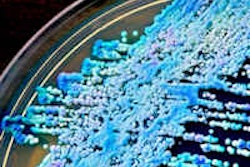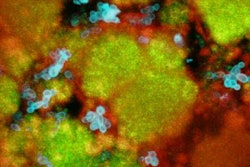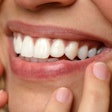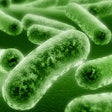Researchers have discovered how the beneficial fungal yeast Pichia can stave off the harmful fungal yeast Candida, according to a new study in PLOS Pathogens (March 13, 2014).
The study by researchers at Case Western Reserve University and the University Hospitals Case Medical Center in Cleveland may reveal how components in Pichia could become therapeutic agents to protect against thrush and also other life-threatening systemic fungal infections.
The study included 24 patients -- 12 HIV-positive and 12 HIV-negative -- from the University Hospitals Case Medical Center. HIV-positive patients were selected because thrush is a common occurrence for them. The oral cavity was tested for fungi and bacteria using pyrosequencing, a method that uses DNA analysis, which is more powerful and has greater specificity than conventional, culture-based approaches, according to the researchers.
Investigators conducted in vitro experiments on Candida and Pichia. When they grew Candida in the test tube in the presence of Pichia, there was a striking reduction in Candida growth. They also discovered that Pichia secretes a protein that controls the yeast. This Pichia-secreted material, referred to as supernatant, inhibits biofilm formation, germination, and adherence in Candida, factors that mark a microbe's level of harmfulness.
Investigators then conducted experiments on three groups of Candida-infected mice. One group of mice was treated with Pichia supernatant. The next group was treated with nystatin, a topical treatment for thrush. The third group received no treatment.
In the mouths of the Pichia-treated mice, the level of Candida was nearly eradicated, though traces remained. Even the nystatin-treated mice had far more Candida present than the Pichia-treated mice. Additionally, the physical symptoms, such as tongue appearance, improved in the Pichia-treated group.
The research could lead to topical treatment for thrush and the formulation of therapeutics for systemic fungal infections in immunocompromised patients. In addition to HIV patients, it could be used to treat very young patients and patients with cancer or diabetes.
The investigators now will study Pichia supernatant to identify its components that inhibit Candida and other fungi.



